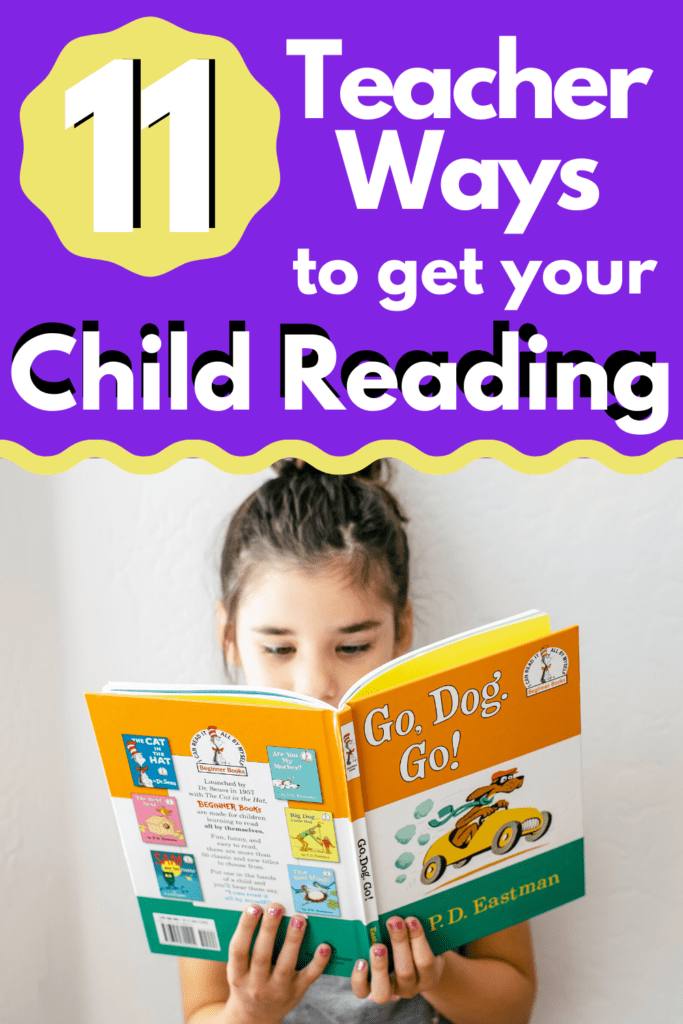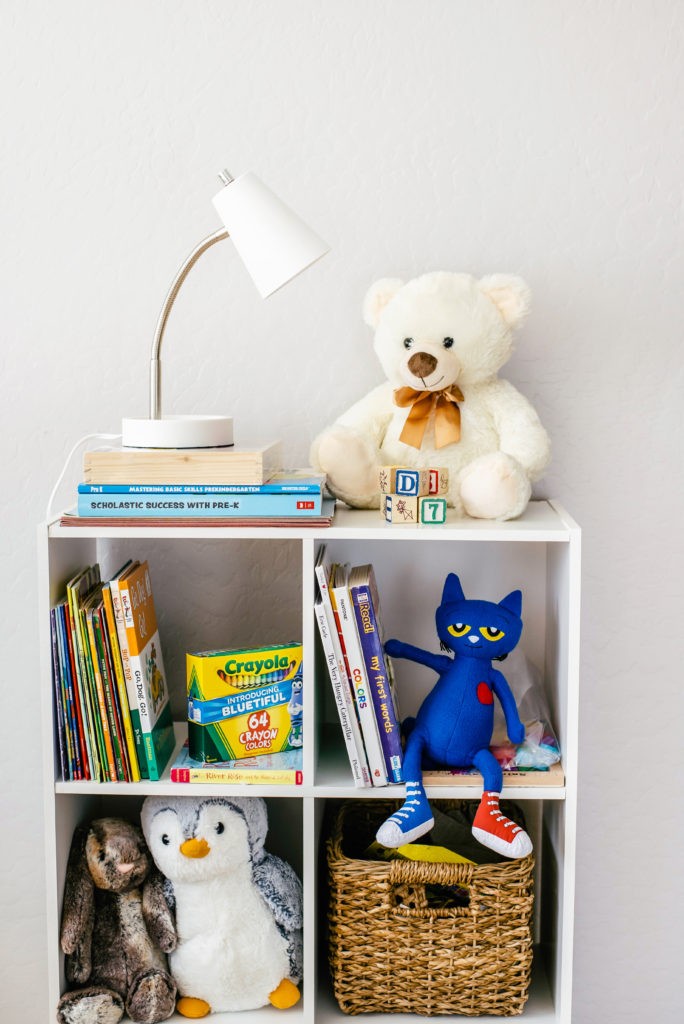One of the biggest concerns that I hear from with parents is hard is to get their child to read. As a parent and a teacher, of a son, who self-proclaims they hate reading. It’s a problem for many of us. Especially since I loved reading as a child and even now.
Reading is was my escape. I used to live in books and visualize myself being characters. It made my rough upbringing a just a little simpler. But now I understand that books have to compete with the internet, cell phone, social media and so much stimuli from TV. Then to make matters worse, depending on what school district your child is in, there are possible mandates that force children to read books they are just absolutely not interested in.
Ultimately, I understand why a child wouldn’t particularly love to read, and I sincerely understand if a child has a disability and struggles with reading altogether. Then it’s more difficult to find that spot where your child will want to read on their own instead of seemingly being forced to.
When my son was going on 4 years old, he was diagnosed as developmentally delayed. For the most part, he struggled with communication and it impacted his overall learning process. He had difficulty reading for quite some time, but just implementing a few things changed his ability to read well and want to read on his own. Although, he still proclaims he “hates reading.”
Consider the following tips to help build literacy skills in your child and hopefully they will want to read too!

Get Your Child to Read
1. Start early. Although teachers play an important role in a child’s life, parents/guardians are a child’s first teachers. So, begin reading to your child as soon as possible! It is never too late to read together, I really started pushing my son to chapter books when he was 8 years old. He had an IEP (Individualized Education Plan) in reading comprehension at the time but I wanted to push him. We went to the bookstore and bought Diary of a Wimpy Kid! This is a great starter chapter book because it has cool/funny visuals. Now, my son is 13, and even though he thinks he is too cool for school, we still read together.
2. Start by reading every day. Set a time to read and stick to it. If you have just a baby, read to your baby for a few minutes at a time until their attention span grows. Point to the pictures. Use rhymes and songs to teach language skills. This will do wonders in academic learning by your child reaches preschool. So make story time a regular routine before bed or anytime that works with your daily schedule.
Remember, the average teen spends a lot of time on social activities and electronic media. The best thing to do is set reasonable limits, such as a nighttime curfew on using cell phones and watching TV and use that time for reading.
3. Use audio. I use this in my classroom, and it works! Students love how the audio brings out character voices. This really ties students into the book. This is also great for road trips if you are trying to get your older children off their phones!
4. Make reading fun and interactive. Train yourself to read in an animated fashion. Encourage your child to read some passages aloud to you or to their brothers and sisters. Share questions about what you read together or make up your own variations on the story.
5. Talk to your child’s teacher. Develop regular communications with your child’s teacher. Be open to feedback provided. Teachers may spot any areas of weakness in reading skills that you can work to correct before they become serious issues. They can also help recommend titles that your child might enjoy. Especially if you child may be a little behind in reading, you don’t want to give your 14 year -old, an 8th grade level novel if they only read at the 4th grade level. This will discourage them from reading altogether.
If your child does read two grade levels below or more than where they are, you may need to get them tested for individualized help for reading.
6. Visit your local library and bookstores. Take your child along to the library and to children’s events at local bookstores. Get them a library card of their own as soon as they’re old enough to do so. I still remember going on a field trip to the local library in 1st grade! I got my first library card and I never stopped checking out books since.
7. Encourage your child to write. Giving your child opportunities to write will help reinforce their literacy skills. Leave each other notes on the refrigerator. Write emails and greeting cards together. If you want to incorporate reading and writing more, check out this reading log template.
8. Set an example of reading for pleasure. A lot of parents who are trying to get their child to read don’t read themselves. You may need to set an example in your own home to counteract trends that show a general decline in the reading of books. Let your preteens see you reading. Help them develop their critical thinking skills by discussing books as part of everyday conversations.
9. Build a library. Keep reading material available around the house. Create a comfortable and inviting space for family members to read. If you don’t have an extra room, you can still set aside a corner of the living room or den. Here are some ways you can build your own library!

10. Look for books that reflect your child’s interests. Let your them pick their own books as long as the titles are age appropriate. Stay up to date on popular trends that your child might like. Also, pick out magazines too because reading is reading!
11. Integrate reading into fun family activities. If you have an older child that is reading Hamlet in their English class, offer to take them to a live performance. If they enjoy a movie based on a Jane Austen novel, buy them the paperback. Take the opportunity to re-read it yourself so you can discuss it. Or partner any novel with a movie. After my son and I read Diary of a Wimpy Kid, we made a fun night to watch the movie together. I always build this incentive in my classroom as well, and the students look forward to it.
Bonus: One sneaky way that I was able to get my son reading more? I added subtitles/caption to TV shows he loved to watch! He would find himself reading and becoming a more fluent reader as he read each subtitle!
Final Thoughts
Reading for pleasure broadens the mind and enriches our shared cultural and civic life. Reading to your child is one of the most valuable ways to spend your time together besides, just watching a TV show or movie. You can help your children get off to a good start by learning to love reading. It will help build basic comprehension skills and ultimately change their lives for the better.
